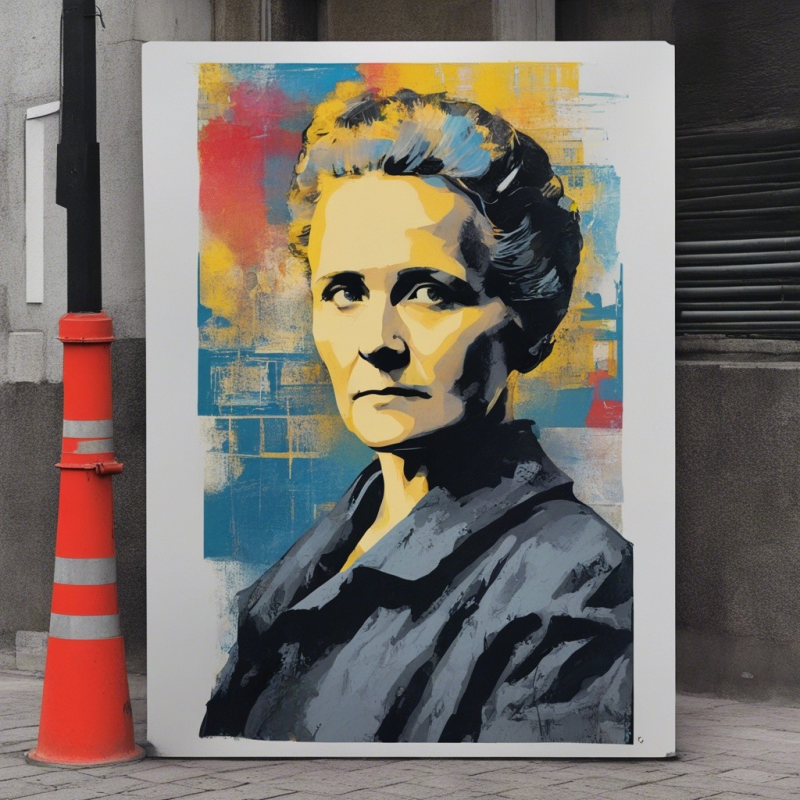Your cart is currently empty!
Marie Curie

Summary
Marie Curie was a Polish-born physicist and chemist. She made groundbreaking discoveries in radioactivity, winning two Nobel Prizes in different fields. Her work with radium led to advancements in medicine, particularly in radiation therapy for cancer treatment. Despite facing discrimination as a woman in science, she persevered, leaving behind a lasting legacy.
Facts
Marie Curie was born in 1867 in Poland.
She was the first woman to win a Nobel Prize.
Curie discovered two new elements: polonium and radium, in 1898.
Her research on radium contributed to the development of radiation therapy.
Curie faced discrimination and fought for recognition in a male-dominated field.
She married Pierre Curie, a fellow physicist, in 1895.
Curie’s work during World War I included developing mobile x-ray units.
She died in 1934 from leukemia, likely caused by her exposure to radioactive materials.
Curie studied physics and mathematics at the Sorbonne in Paris.
She was the first person ever to win two Nobel Prizes in different fields.
Despite challenges, Curie continued to work tirelessly.
Her contributions had a major impact on the fields of chemistry and medicine.
Radiation therapy, pioneered by Curie, is still used today to treat cancer.
Curie’s discoveries led to further research on radioactive materials.
by
Tags: